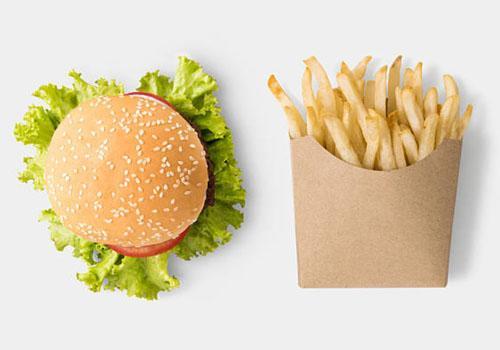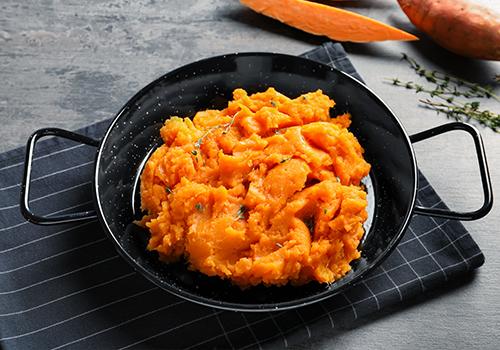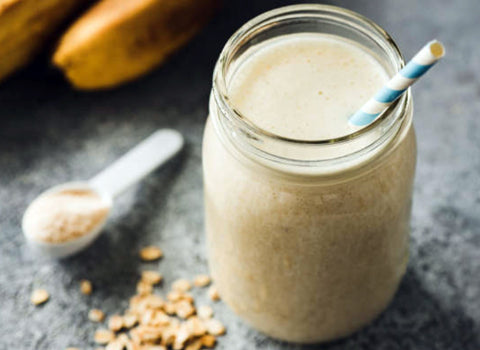Workout Nutrition Explained with Alta Athletic
WHO IS ALTA?
Alta Athletic is a performance gym based on the Central Coast of NSW that is designed to help all athletes fulfil their potential. Our Directors consist of Oliver Bozanic, Timothy Knight and Layne Fletcher.
Oliver has been a professional athlete for the past 15 years, playing football worldwide for some of the biggest clubs and representing Australia at the 2014 World Cup. Oliver is committed to helping the next generation of Aussie athletes follow in his steps.
Timothy is the current head of performance at the Central Coast Mariners. Tim is also involved with the Australian Football Program and has worked overseas. Tim is the brains behind our operation! His attention to detail and ability to help all athletes become physically at their best is world-class.
Layne is an ex-athlete and strength coach. Layne has worked with athletes from Olympic gold medallists to weekend warriors and everyone in between. Layne has qualifications in exercise, nutrition and psychology and helps to facilitate programs that help athletes achieve success.
Our coaching staff have qualifications in psychology, nutrition, health science, exercise science, strength and conditioning and general fitness. At Alta, our primary focus is always on the athlete. Becoming the best athlete you can, requires coaching that covers many different areas, at Alta we have built a team that can help support any individual in their athletic journey. We provide professional-grade skills, conditioning, strength and recovery coaching and assist all athletes with their nutrition and mindset.
Exercise Nutrition: Understanding macros and calories
The nutritional requirements for sport and exercise vary significantly. Exercise nutrition is specific to each person's individual goals, and usually, these are attached to a body composition outcome (either gaining muscle or losing fat).

How to calculate your calories and macros for weight loss:
If you are looking to get lean, we have some good news! Getting lean is much easier than gaining muscle. Below I will show you how to calculate your calories and macros to achieve dieting success for fat loss. This is general information and is for educational purposes only. You should also factor in your fruits and vegetables to these macros. Getting enough micronutrients from fruits and vegetables is essential for health!
Below I will base my calculations on an individual weighing 100kg/220lbs. You will need to use your own weight when calculating.
1. Protein
Protein contains 4 calories per gram. Protein remains constant at 2.2g per kg of bodyweight/1g per lb of bodyweight.
100kg/220lb individual = 220g of Protein = 880 calories
2. Carbohydrates
Carbohydrates contain 4 calories per gram. For fat loss aim for 1.5 - 3g per kg of bodyweight or 0.7 - 1.36g per lb of bodyweight.
100kg/220lb individual = 150 - 300g of carbohydrates = 600 - 1200 calories.
3. Fats
Fats contain 9 calories per gram. For fat loss aim for 0.5 - 1g per kg of bodyweight or 0.23 - 0.45g per lb of bodyweight.100kg/220lb individual = 50 - 100g of Fat = 450 - 900 calories.
As you can see, by calculating these macros, you can get your total amount of daily calories! It is essential you meet your daily calorie targets. The next most important is your protein requirements!

How to calculate your calories and macros for muscle gain:
Maximising muscle growth is challenging. It is way more complicated than fat loss. You must eat like it's your job!
Below I will base my calculations on an individual weighing 100kg/220lbs. You will need to use your own weight when calculating.
1. Protein
Protein contains 4 calories per gram. Protein remains constant at 2.2g per kg of bodyweight/1g per lb of bodyweight.
100kg/220lb individual = 220g of Protein = 880 calories
2. Carbohydrates
Carbohydrates contain 4 calories per gram. For fat loss aim for 3 - 5g per kg of bodyweight or 1.36 - 2.3g per lb of bodyweight.
100kg/220lb individual = 300 - 500g of carbohydrates = 1200 – 2000 calories.
3. Fats
Fats contain 9 calories per gram. For fat loss aim for 0.7 - 1.2g per kg of bodyweight or 0.32 - 0.55g per lb of bodyweight.
100kg/220lb individual = 70 - 120g of Fat = 630 - 1080 calories.
Nutrition for Sports Performance: Carbs and Exercise
Nutrition for sports performance is much more complicated than body composition. This is because sports nutrition combines the need to maintain a particular body composition with appropriately fuelling for performance. All athletes need to maintain or reach their optimal performance weight from marathon runners to front row footballers.
Athletes need to closely monitor how long they are training and performing for each day and adjust their nutrition accordingly. Keeping protein around 1.6 – 2.2g per kilogram of body weight is likely the best bet for most athletes. Athletes can then start at a baseline of 2-4g of carbohydrates per kilogram of body weight and add additional carbohydrates for training or performance.
- For 30-75 minutes of training, add 15-25g of carbohydrates.
- For 1-2 hours of training, add 30g of carbohydrates.
- For 2-3 hours of training, add 60g of carbohydrates.
- For 3+ hours of training, add 90g of carbohydrates.
Sports-specific nutrition is precise to the individual. These amounts should only be used as guides. We recommend all athletes consult with a sports dietitian or nutritionist when engaging in a meal plan to help improve performance.

Exercise Equipment for Sports Performance
We partnered with Gym and Fitness because they offer high-quality products accessible to anyone. With over 100 sessions in our gym each week, we need equipment that can handle heavy loads and frequent use. Alongside the longevity of the equipment, it must be able to suit our training philosophy. At Alta, we are firm believers in perfecting the basics. Our four primary pieces of equipment are our squat racks, barbells & plates, our GHD and our trap bar.
The trap bar is one of the most underutilised pieces of equipment in training. It can help develop speed, strength and power without the high skill requirements of other Olympic lifting movements. The trap bar jump develops power at a higher level and a quicker rate when compared with the power clean, and it is a much easier movement to teach new lifters!
Our Force USA MyRacks are the superstars of our gym. These racks hold our barbells and plates and facilitate 80% of the strength and conditioning work that happens in our sessions. Aside from the standard features, the MyRack has adjustable attachments, safety spotting arms, different pull up attachments, band attachments, landmine attachments and monolift attachments. These things are sturdy too! We have regularly loaded up a few hundred kilos and the MyRacks don't move an inch. This gives our athletes complete confidence that they are supported and safe lifting on this kit.
Our GHD is our most loved and hated piece of equipment. It gives our athletes an incredible stimulus and helps build some bulletproof posterior chains. It just hurts (in a good way) so damn much! The GHD is an absolute must if you are looking to boost athletic performance. It is a fantastic tool to increase resilience and reduce ACL injuries.





